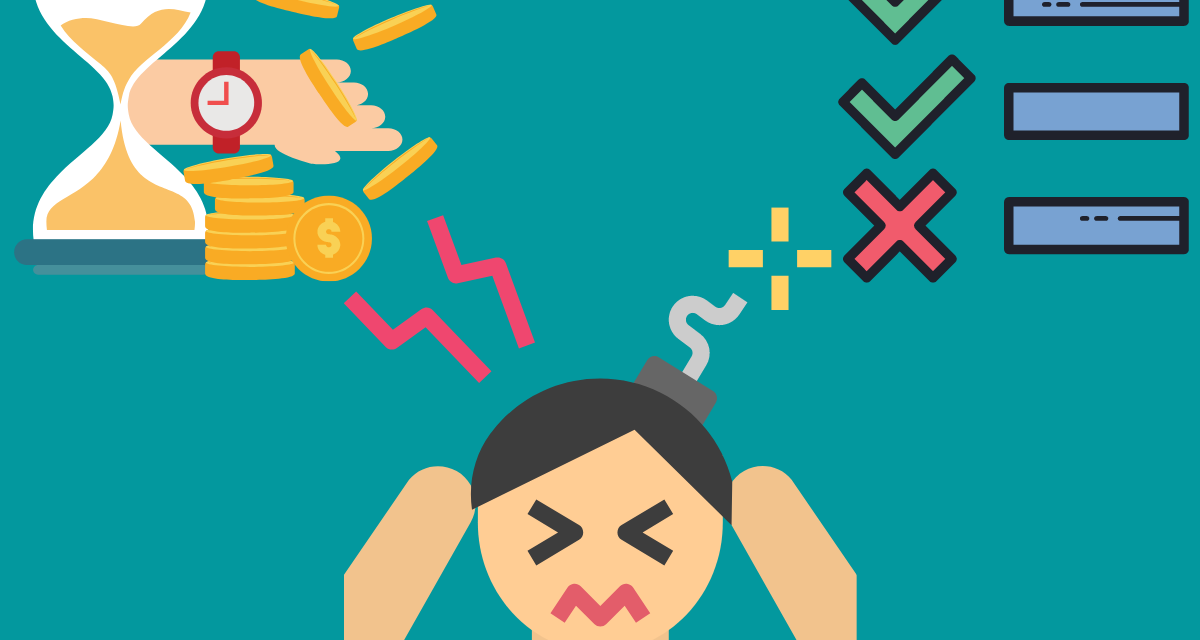Productivity has become one of those words you meet at every turn on the internet and off it. All this productivity talk has become the blight of conversations and I understand why people are frustrated with the productivity chatter. So rather than add to the noise I want us to explore if perhaps we have been getting productivity all wrong? Yes, it seems somewhere amid all this chatter the productivity message got twisted and is now unrecognisable. So let’s dive into this productivity talk and hopefully come out of it with a clearer idea of how it’s not what we’ve made to believe it is.
Productivity
Productivity is the efficiency of the production of goods or services expressed by some measure. This definition has a lot of clues as to what this discussion will be centred on. Efficiency here means using fewer resources to achieve something. Production of goods or services is simple enough to understand clearly and the definition finishes off with some measure. This is a major key to the productivity conversation. “No days off” and other equally toxic mantras have sprouted from a focus on time spent doing something but the definition puts some of this thinking into question. Unless your task is specifically to spend time doing something time is a resource that goes into something and not an output item to be measured.
Work hard not and smart
Another one of these weird mantras that have come up is the “work smart, not hard” thinking. This is likely from people who don’t work much at all. The reality of productivity and work is that working hard goes hand in hand with working smart. They are complementary rather than juxtaposed. Thinking it is a choice between the two is just as bad as thinking productivity is all about how much time you spent on a task.
Measuring productivity
The definition above also tells us how to measure productivity. Productivity is production efficiency. So productivity isn’t really how much you put in but rather how much you produce and how efficiently you produce it. It’s about the work rate rather than just the work done. The key here is that you should look to produce as much as possible without exhausting resources. For many when we work our resource is time. So it’s about achieving the best quality work with the time available. If you were paid to work per hour but did poor work per hour you probably won’t be getting paid much longer. So with this in mind how can we use this knowledge to our advantage.
Output
First things first focus on output, particularly the quality of the output. Average and below-average performers will tend to focus on how much time they put in as a measure of success. Change your thinking and focus on results. Time and other inputs should be treated as resources in productivity, not as outcomes in themself. The world rewards you for the harvest, not for the seeds.
Optimal work
Understand your body and brain and discover something called optimal work. This is when you are producing quality work most efficiently. It differs with people and the types of work but understands that you don’t do your best work the entire time you are working. It could be as little as 1 or 2 hours out of a whole day that you can produce quality without exhausting yourself. Knowing this will help you set yourself up to be better for productivity.
Rest is part of productivity
Rest is often denigrated by hustle culture but it is a big part of productivity. If you don’t believe this go a few days without sleeping and see how well you work. Resting should be something we do before we are tired. If you are waiting until you are tired to rest then you are leaving it too late. Resting when you’re depleted means you need more time to rest and recover.
Room for improvement
Whatever it is you do, know there is always room for improvement. You can be better at doing whatever it is you do and that is the message of productivity. This is what the early proponents intended. Find ways to make yourself better at what you do.








